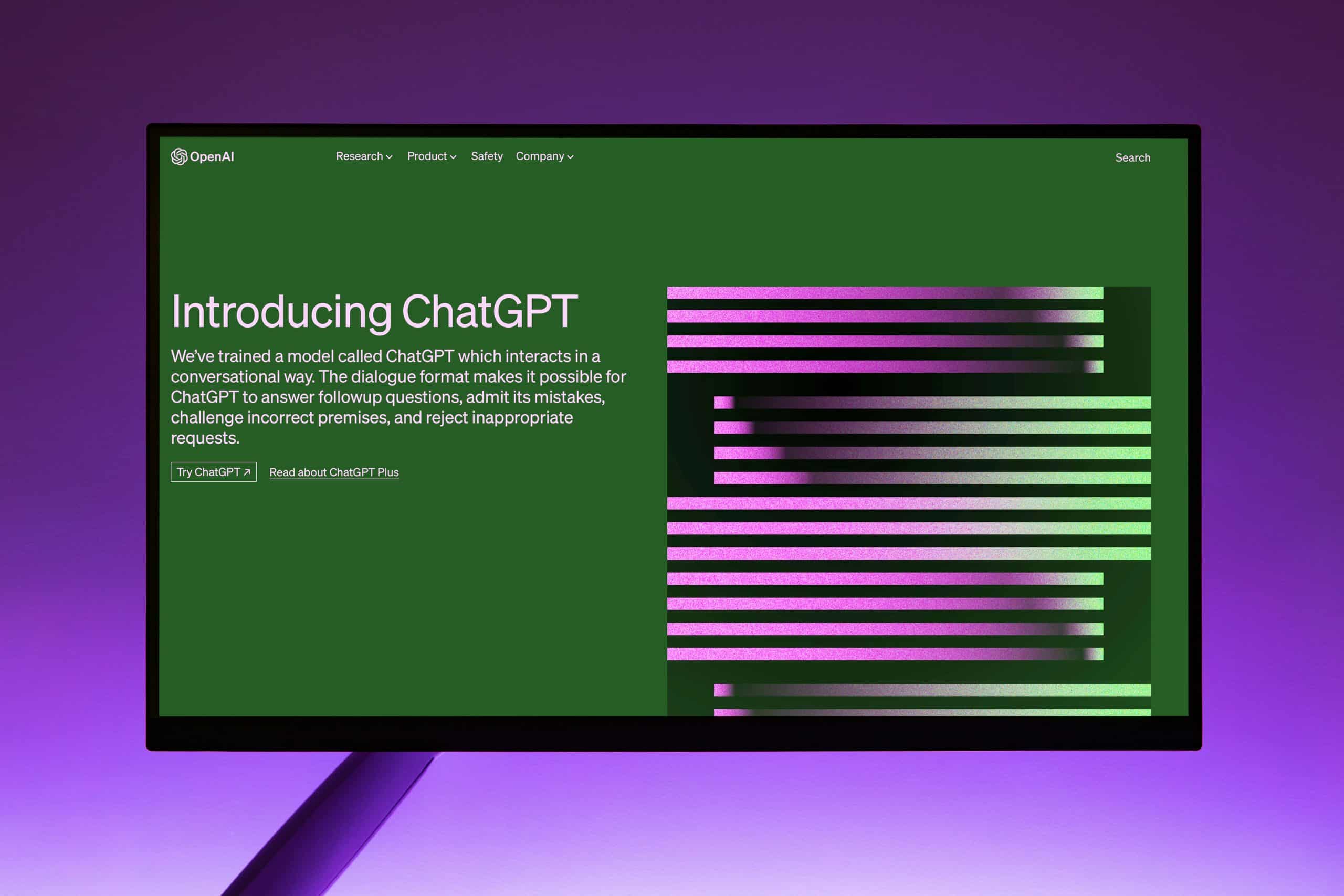Related Resources
In recent years, the rise of generative AI has transformed the tech landscape, offering new possibilities for innovation and efficiency. However, as businesses seek to harness AI’s potential, a one-size-fits-all approach often falls short. Enter organization-specific generative AI—a tailored solution that can revolutionize how companies operate. This blog post will explore what organization-specific generative AI is, its key use cases, and how it can provide competitive advantages. We’ll also address the challenges and best practices for implementation, giving you a comprehensive understanding of this cutting-edge technology.
What is Organization-Specific Generative AI?
Generative AI refers to artificial intelligence that can create content, such as text, images, or even music, based on input data. Unlike general-purpose AI models, which are designed to perform a wide range of tasks, organization-specific generative AI is customized to meet the unique needs of a particular business. By training AI on internal, proprietary data, companies can achieve models that align closely with their objectives and operations.
The distinction between general-purpose AI and organization-specific models lies in the focus on customization. General models are like Swiss Army knives, versatile but not particularly specialized. In contrast, organization-specific AI is akin to a custom-made tool, precisely designed to address specific challenges. This personalized approach allows for improved accuracy and efficiency in various applications.
Training AI on proprietary data offers several benefits. It ensures that the AI system understands the company’s language, processes, and goals, leading to more relevant and accurate outputs. Additionally, this method enhances personalization, allowing businesses to deliver tailored solutions to customers and employees alike.
Key Use Cases of Organization-Specific Gen AI
One of the most promising applications of organization-specific generative AI is customer service automation. By training chatbots on company-specific FAQs, policies, and tone of voice, businesses can provide more personalized and efficient customer interactions. This not only improves customer satisfaction but also reduces the workload on human support agents.
Content creation is another area where organization-specific AI shines. Companies can generate internal reports, marketing content, and product descriptions based on internal data and style guidelines. This streamlines the content production process and ensures consistency across all communications.
In research and development, AI can assist in product innovation by generating concepts based on company history, research, and intellectual property. This capability accelerates the ideation process and fosters creativity, giving businesses a competitive edge in their market.
Lastly, organization-specific AI can automate internal processes by generating business insights, document summarization, and workflow improvements tailored to the company’s operations. This leads to greater efficiency and frees up valuable time for employees to focus on higher-level tasks.
How Does Custom Training Work?
Custom training of generative AI involves feeding the system with organization-specific data, such as text documents, customer interactions, and historical data. The AI learns from this information, enabling it to generate outputs that are relevant to the company’s unique context.
Human-in-the-loop is a crucial aspect of this process. By involving experts who can refine AI outputs, businesses ensure that the system not only generates accurate results but also aligns with company values and standards. This collaborative approach enhances the AI’s performance and ensures its outputs are both precise and relevant.
The types of data used in custom training can vary widely, from internal memos and emails to customer feedback and sales records. By carefully selecting the data sources, organizations can optimize their AI models for specific applications, improving overall effectiveness.
Advantages of Adopting Organization-Specific Generative AI
One of the primary advantages of organization-specific generative AI is improved accuracy. By understanding the company’s language, processes, and goals, AI models can make more informed decisions, enhancing overall decision-making capabilities. This leads to better outcomes and more strategic planning.
Personalization is another significant benefit. With AI systems tailored to the company’s operations, businesses can deliver highly personalized solutions to customers and employees, improving satisfaction and engagement. This level of personalization sets companies apart in a competitive marketplace.
Operational efficiency is also greatly enhanced. By automating tedious and repetitive tasks, AI systems allow employees to focus on more strategic activities, driving productivity and innovation. This efficiency leads to cost savings and improved performance across the organization.
Scalability is another key advantage. AI systems that grow with the organization and adapt to changing needs ensure long-term success and sustainability. This flexibility allows businesses to remain agile and responsive in a rapidly evolving market.
Challenges and Considerations
Despite its numerous benefits, adopting organization-specific generative AI comes with challenges. Data privacy and security are paramount, as proprietary data used to train AI must be protected from unauthorized access and breaches. Implementing robust security measures is essential to safeguard sensitive information.
Bias in data is another concern. Organization-specific data may contain biases that can affect AI performance. Identifying and mitigating these biases is crucial to ensure fair and unbiased outputs. This requires ongoing monitoring and evaluation of AI systems to maintain ethical standards.
Cost and resource allocation is also a consideration. Building, maintaining, and optimizing AI models require significant investment in resources. Companies must allocate budgets effectively to support AI initiatives and ensure a return on investment.
To Summarize
Organization-specific generative AI offers a customized approach to artificial intelligence, providing businesses with tailored solutions that enhance efficiency and competitiveness. By addressing key challenges and implementing best practices, companies can unlock the full potential of AI to solve specific organizational challenges.
For businesses seeking to explore the benefits of generative AI, it’s essential to take a customized approach. By tailoring AI to meet specific organizational needs, companies can harness its power to drive innovation and achieve strategic goals. If you’re ready to take the next step in your AI journey, consider partnering with Bronson.AI to implement AI strategies tailored to your organization.









